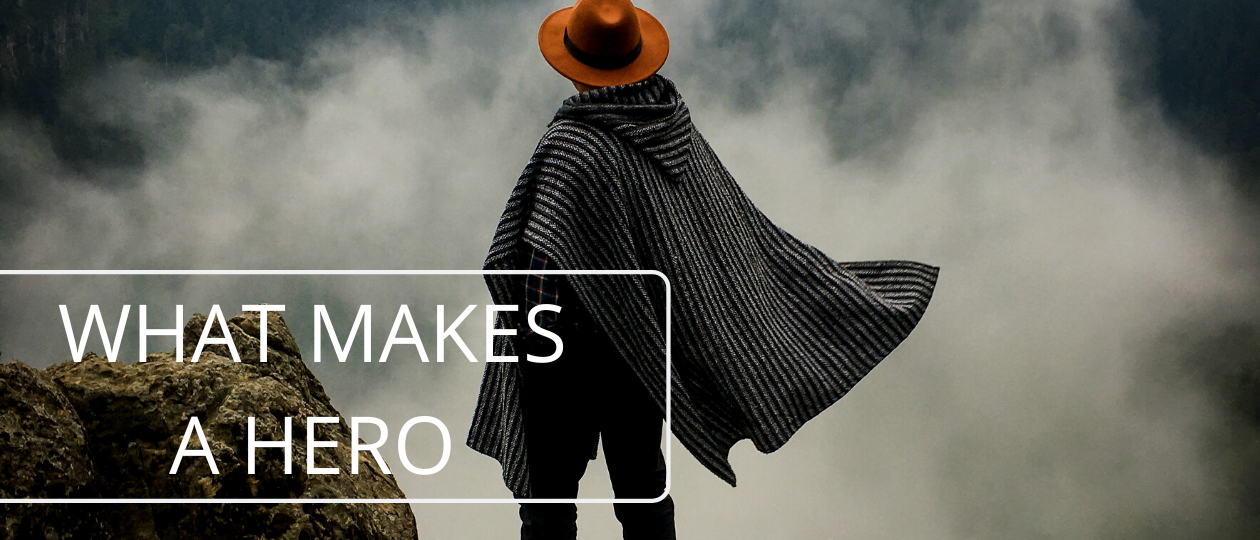What makes a hero?
When you and I meet a new person, one of the first questions we ask is, “what do you do?”
What we do is one of the principle ways we define people, ourselves included—and it’s telling how our career aspirations change over the years. If you poll a classroom full of children, you’ll find that they’re overwhelmingly interested in jobs that help people, jobs that are about compassion, adventure, and heroism.
Some of us actually find ourselves in jobs like that down the road, most don’t. But it’s not the jobs themselves that interest me today. I want to look at the picture of ourselves that we see as children, what attracts us to the idea of heroism, and what it takes to actually put it into practice. As much respect as I have for people who really do put their lives on the line: policemen, firemen, soldiers, etc.—we cannot all do those things, and the world would not be a better place if we did.
Yet there is something in all of us that reacts to this idea of acting with courage in our lives. If you’ve been following me for long, then I know you’re familiar with my belief that this life is essentially a battle against fear. It follows, then, that living well is an act of bravery, no matter your circumstances. Maybe not the same kind of bravery that it takes to run into a burning building or go into battle, but bravery even so.
Think about one of your own personal heroes. Someone who had a great, positive influence on your life. Go ahead, think of someone. Now, odds are you’re not thinking of someone who saved you from physical danger. Maybe a few of you are, but most of you are probably thinking of a parent, a friend or relative, or maybe a favorite high school teacher. Someone who said something to build you up and help you become a better person, a happier person, or a more complete person.
Now, what’s interesting is that there is actually one commonality between the “burning building” kind of heroism and the “building people up” kind: they require vulnerability. A job of physical heroism means placing yourself in physical vulnerability, and being a personal hero to someone means investing in them, it means lowering a kind of barrier and to the possibility of pain. It’s my experience that you can’t have real love for any length of time without bringing pain into it, and sometimes you’re forced to choose between continuing in love or in trying to minimize pain.
I think that a lot of the time when people drift apart, it is not so much because of any one particular flaw or failing, but just because they stopped going through all the trouble of being vulnerable with each other. After all, you can’t really be comfortable with someone if you feel the need to guard yourself against them. Intimacy demands trust, and trust takes work to establish and to maintain.
That ought to be scary enough for any of us.
Have a blessed, wonderful day!
Dr. Alex Loyd



